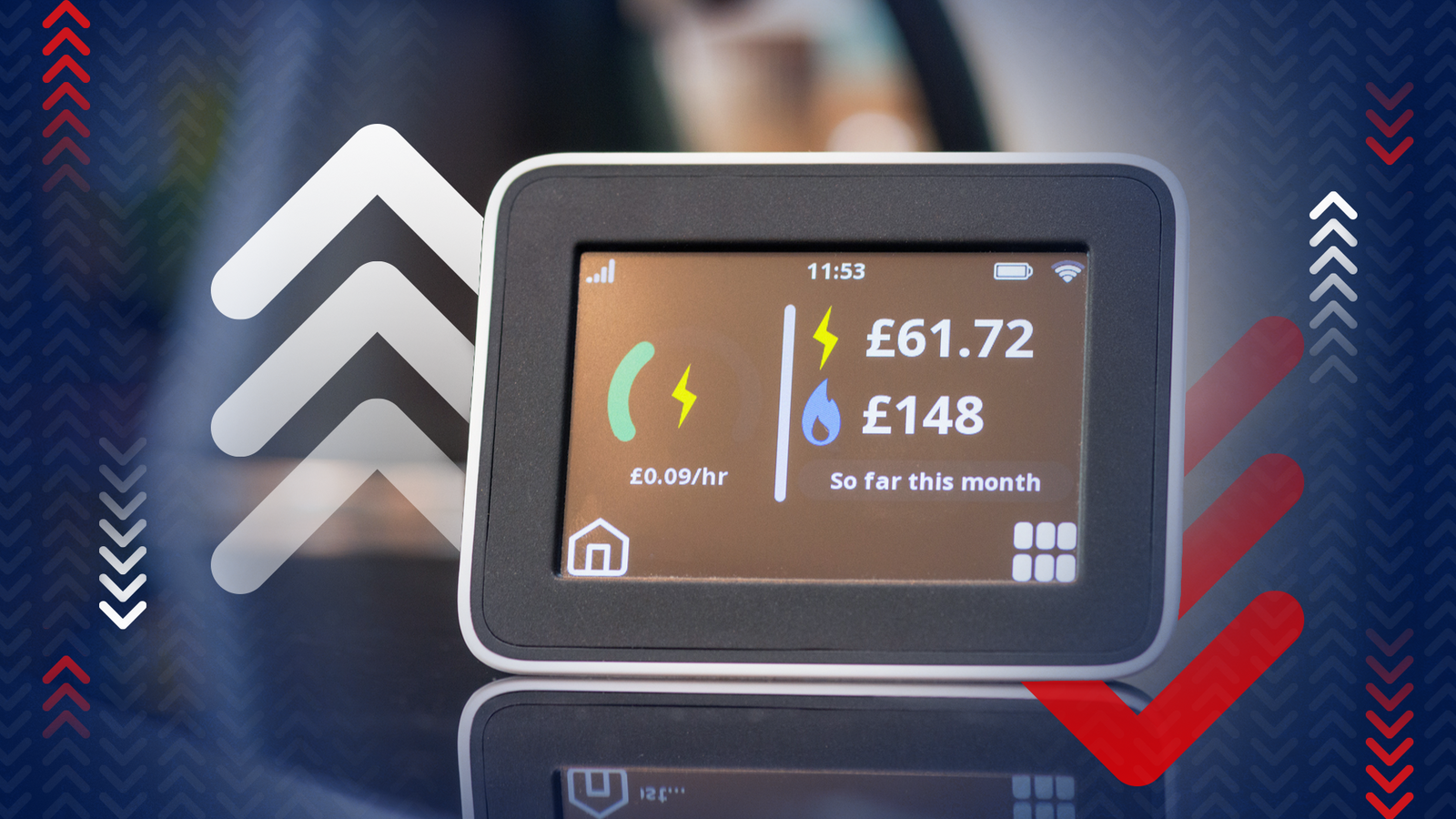People could be paid for turning off high-energy appliances during peak times this winter.
Those with smart metres could get up to £6 per kilowatt hour (kWh) saved as energy prices rise with strained supply and the expectation the National Grid could come under pressure.
The National Grid Electricity System Operator (ESO) is understood to be working on an announcement for the plan.
Rebates for not using appliances like tumble dryers, dishwashers and electronics between 5om and 8pm would net customers a return.
One kWh is enough energy to power a dishwasher for less than an hour, or use an electric shower for six minutes.
A tumble dryer uses roughly 4.5 kWh per cycle, according to estimates.
The plans were first reported in The Sunday Times, with the grid set to apply to regulator Ofgem for approval.
Liz Truss hints at new cost of living support as Labour calls for plans to be public after minister hints support in the works
Cost of living: Some parents say school clothes are becoming unaffordable, as ‘uniform banks’ open their doors
Small businesses teetering on the brink as energy prices soar, Federation of Small Businesses warns
The ESO hopes the scheme could be up and running by October.
A spokesperson said: “We are developing a new service that will be available for consumers to benefit from across this winter and will be announcing further information soon.”
It comes following a trial with Octopus Energy earlier this year, where customers were paid as little as 20p per kWh saved.
A range of prices – up to £6 – has been considered for the new scheme.
Read more:
UK facing ‘public health emergency’ if action not taken on energy bills
Cost of living crisis pushing more women into sex work
Government ‘asleep at the wheel’ as Ofgem director quits over energy price cap change
It comes as the energy price cap is forecasted to rise to roughly £3,600 before the end of 2022, and past £4,200 in the new year.
Ofgem will announce the change to the cap for October and December on Friday.
Chancellor Nadhim Zahawi last week suggested that rolling blackouts are unlikely as preparations were under way for the winter.
Subscribe to the Daily podcast on Apple Podcasts, Google Podcasts, Spotify, and Spreaker






















